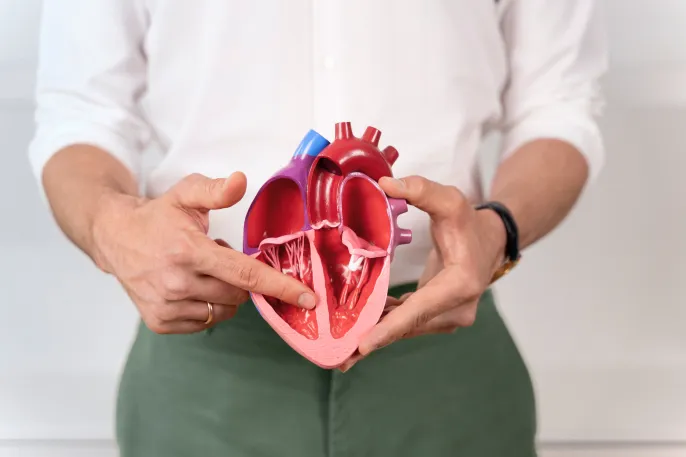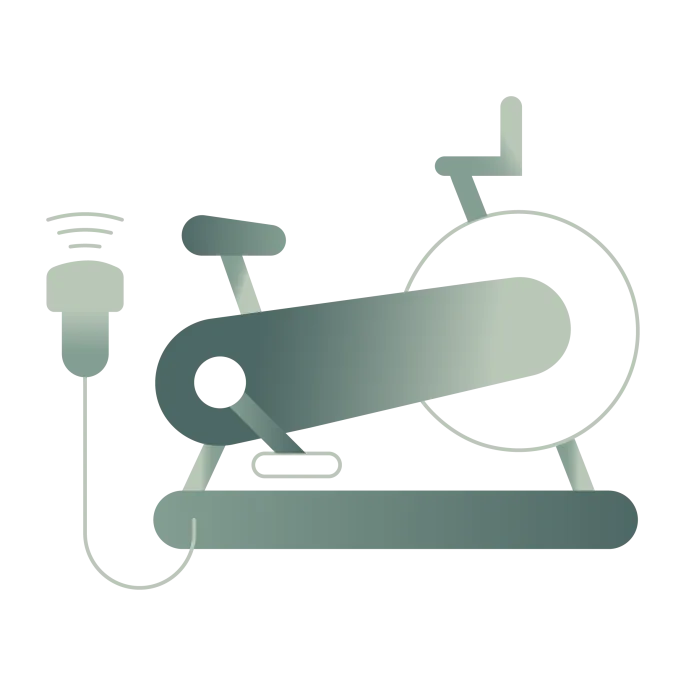Stress-Echocardiography
What is stress echocardiography (stress echo)?
Stress echocardiography is a test that uses ultrasound images to show how well your heart muscle is working to pump blood around your body while you are physically active in a controlled setting.
When is a stress echocardiogram performed?
The most common use of stress echocardiography is to diagnose coronary heart disease. This condition occurs when the blood vessels that carry blood to the heart muscle are narrowed or blocked.
Stress echocardiography can also help diagnose or monitor other conditions, such as:
Cardiomyopathy.
Congenital heart defects.
Heart failure.
Valvular heart disease.
Pulmonary hypertension.
Who should undergo stress echocardiography?
This test can be done for you if you have symptoms of heart disease, especially if they get worse with physical activity. These symptoms include:
Chest pain or tightness (angina).
Dizziness or lightheadedness.
Fast or irregular heartbeat (arrhythmia).
Shortness of breath (dyspnea).
Other people who can undergo a stress echocardiogram are:
athletes
people who have to undergo surgery
people who are exposed to extreme conditions, e.g. when diving or at high altitudes.
What can you expect during a stress echocardiogram at our practice?
You will ride a bicycle ergometer. You will be asked to maintain a stable cycling speed while the resistance of the pedals automatically increases by about 25 watts. This will happen at a rate of about once every two minutes.
The duration of the bike ride is usually 5 to 15 minutes, depending on your fitness level and age.
Please note that the test must be stopped if:
your heart rate reaches the target rate,
you are too tired to continue,
you experience chest pain or a significant change in your blood pressure.

What is the best way to prepare for a stress echocardiogram?
It is recommended that you wear sports clothes when preparing for a stress echocardiogram.
Furthermore, you may be advised not to eat large meals two hours before the examination, not to apply lotion or moisturizer to your chest and stomach, and to stop taking certain medications.
What follow-up care is provided by our medical team after a stress echocardiography?
The follow-up plan after a stress echocardiography will be determined based on the results of the test, as well as your individual cardiovascular risk factors. Depending on the test results, further action may be required. In general, an annual follow-up is recommended, provided there are no abnormalities. If abnormalities are detected, further imaging tests of the coronary arteries may be necessary.
We will discuss with you the appropriate follow-up plan based on your test results and individual health status.
